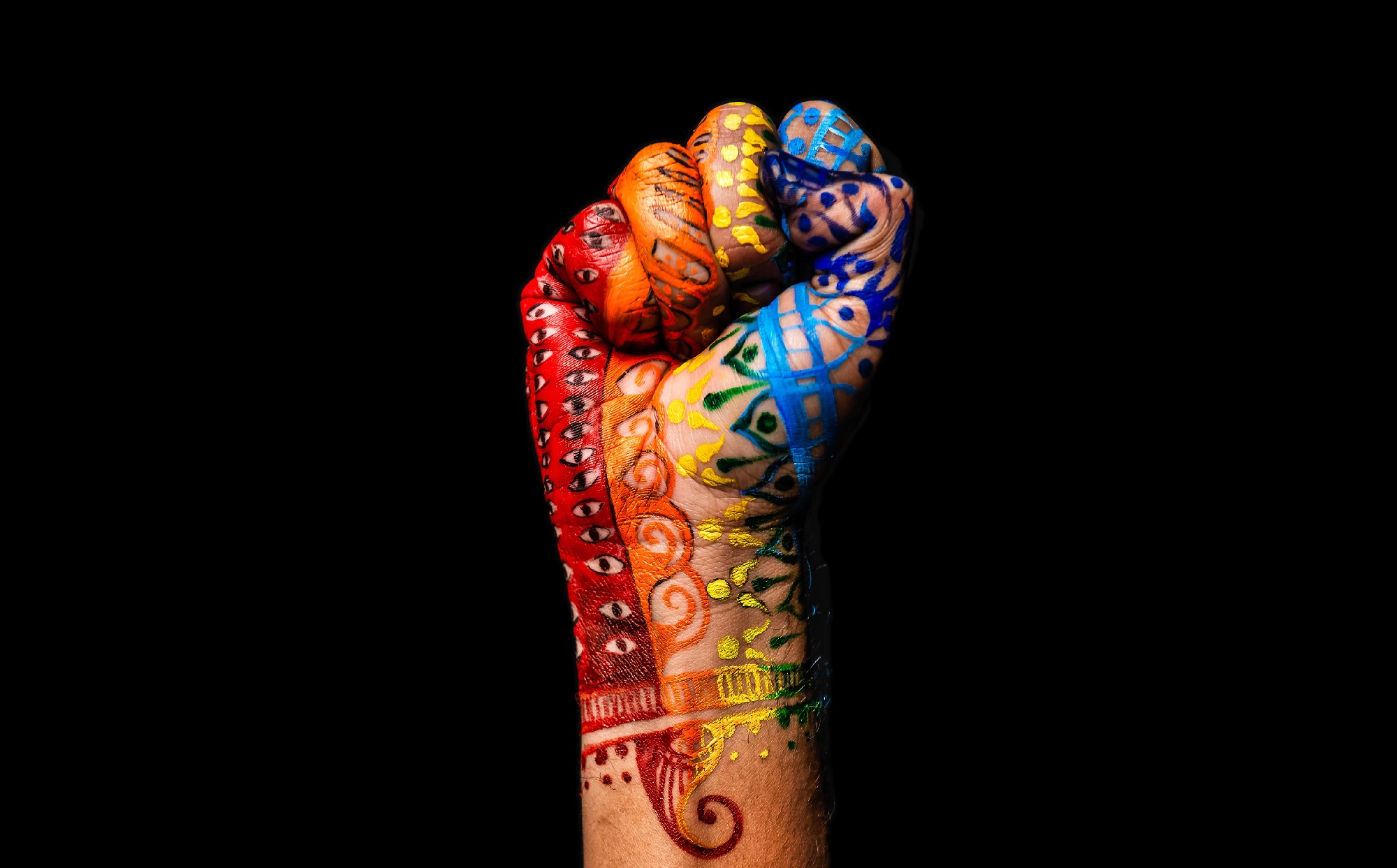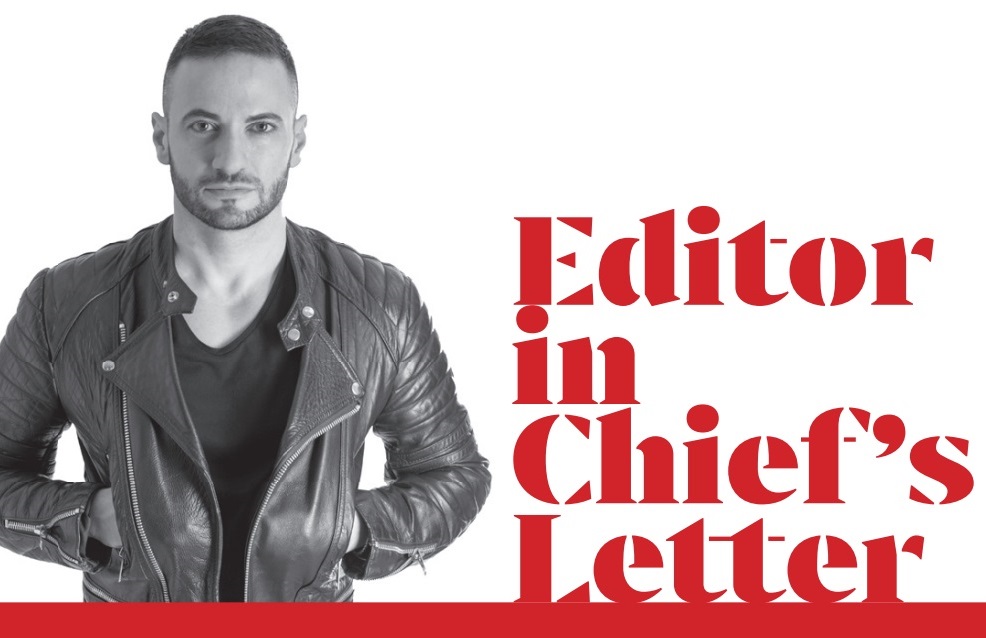‘British history has been straight-washed and white-washed for too long’
LGBT History Month reminds us that our community's contributions and stories are still being side-lined, writes Attitude Editor-in-Chief Cliff Joannou.
By Will Stroude

Words: Cliff Joannou
“It’s all just a little bit of history repeating,” sang Shirley Bassey in her 1997 hit with the Propellerheads. Well, yes it is, usually. Except in queer terms where we often have to really dig deep for our past — and not because we didn’t contribute to history, but because our many contributions have been sidelined or erased.
My experience of history at school revolved around two events: the Great War of 1914-1918, and the Second World War, 1939-1945. [Spoiler warning: the Brits won both].
Very little else was discussed in school, beyond perhaps Christopher Columbus ‘discovering’ North America, and the British shipping thousands of convicts to the southern hemisphere to build modern-day Australia. Speaking to my 15-year-old niece, it seems little has changed in the education system.

Last year, the spotlight shone on Britain’s tendency to be selective with its history during the rise of the Black Lives Matter movement, which pulled focus on aspects of the UK’s less than salubrious past. Statues dedicated to people who made their fortunes in the slave trade were toppled, other monuments defaced.
Many denounced the vandalism. Prime Minister Boris Johnson commented how “We cannot now try to edit or censor our past.” The irony of this statement seemed lost on the PM — he failed to understand that our past is forever being edited and censored in order to only celebrate Britain’s successes, its wartime wins, or the great achievements of a sea-faring, occupying empire.
We are very good at editing and censoring how Britain, at the time, had no regard for the lands and cultures it pillaged in its many invasions.
Across the channel, German schools teach young people about the country’s horrific Nazi past — and by default, the many German citizens of the time who were complicit through silence. The pain inflicted on Jewish people, gays and other minorities is addressed and discussed.
Teaching the terrible wrongs of the past allows the German community today to understand and contextualise its darkest moment. Germany is a prouder, humbler country for it. Meanwhile, the UK has an uneasy relationship with its national identity, because we don’t yet know how to confront our past in order to envision a better future.
Until the UK is confident enough to address its colonial and imperial history, the UK will always have one foot stuck in a past that has been edited and censored only for our glory and self-aggrandisement, while ignoring our guilt and culpability.
As gay people, we are familiar with Queen Victoria’s homophobic edict being exported to the world, from India to Africa via the Caribbean and beyond. Local cultures and beliefs were erased and substituted with god-fearing Christianity.
The West paints a very pretty picture of itself as the defender of the free world, yet the lens it projects its image through erases the rich tapestry of humanity that existed in the past.
In school history classes, we are not taught about Britain’s queer king. The same-sex love of great leaders — from Europe, Africa and the Middle East — is ignored. Composers have had their sexuality silenced in Russia.
History is — as we have heard said many times before — written by the victors, and too often those victors have been the Church, the wealthy and the privileged.
During LGBT+ History Month in February, it’s important that we shift our attention to uplifting our queer history, and celebrate the authors, politicians, artists, leaders, scientists, and other great achievers whose lives have been straight-washed for too long.
Follow Cliff Joannou on Twitter and Instagram.
